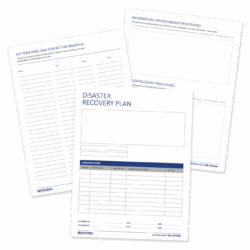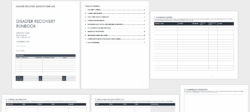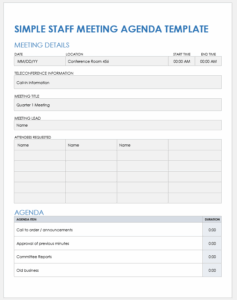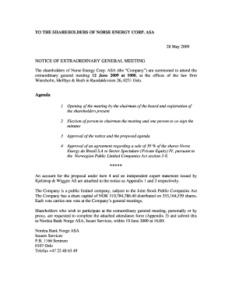In the vibrant journey of any self-help group, growth and evolution are constants. Members come together seeking support, sharing experiences, and working towards common goals, whether it’s recovery, skill-building, or community development. But how do you truly know if your group is meeting its objectives, fostering a supportive environment, and making a real difference in the lives of its participants? The answer often lies in thoughtful, consistent evaluation.
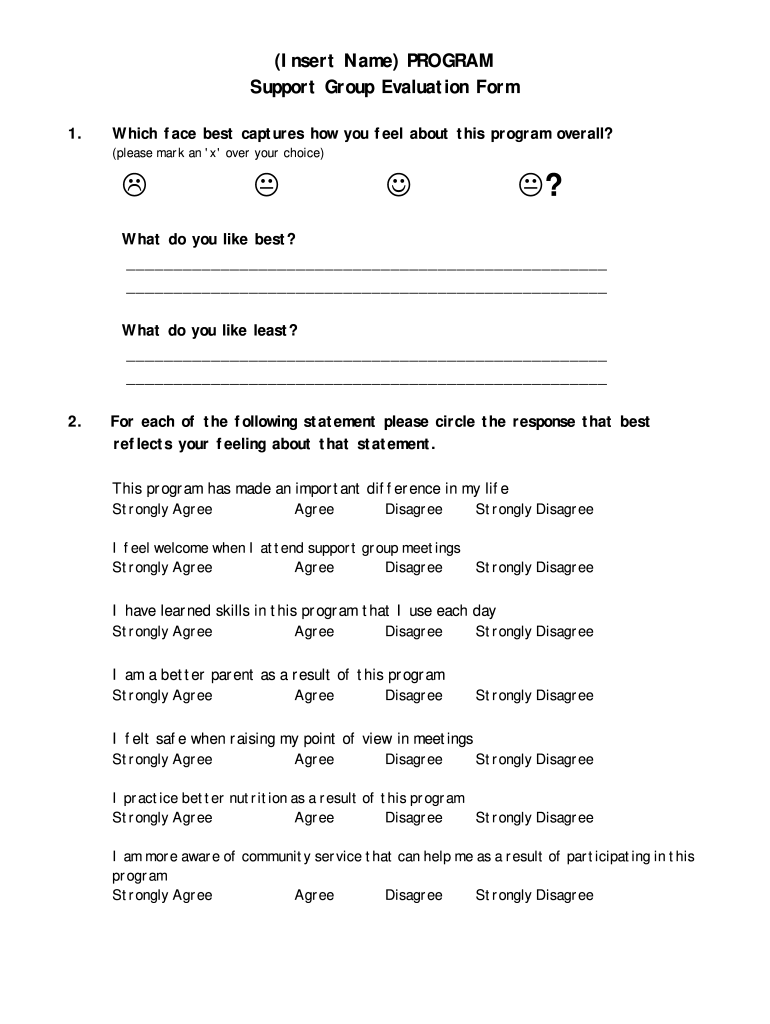
Without a clear way to assess what’s working and what needs adjustment, even the most dedicated groups can lose their way or miss opportunities for improvement. This is where a structured approach comes into play. A well-designed evaluation survey isn’t just a formality; it’s a vital tool that gives every voice a chance to be heard, offering invaluable insights into the group’s health, impact, and future direction. It helps you pinpoint successes and areas that might need a little extra attention, ensuring your group continues to thrive and serve its members effectively.
Understanding the Power of Group Evaluation
Think of evaluation as the compass guiding your self-help group. It’s not about judgment; it’s about understanding and continuous improvement. Regularly checking in with your members through a structured survey allows you to gain an objective perspective on the group’s performance. It helps you see beyond individual perceptions and identify overarching trends or specific issues that might be affecting the group as a whole. This process builds transparency and trust, showing members that their opinions truly matter and contribute to the group’s collective well-being.
One of the most significant benefits of conducting evaluations is the ability to celebrate successes. When you ask members about their positive experiences or how the group has helped them, you gather powerful testimonials and data that affirm the group’s value. This positive feedback can be incredibly motivating for both members and facilitators, reinforcing the importance of their shared efforts and encouraging continued participation. It also provides concrete examples of the group’s impact, which can be useful for attracting new members or securing resources.
Conversely, evaluation surveys are invaluable for identifying areas that might be hindering the group’s progress or member satisfaction. Perhaps certain meeting topics aren’t resonating, or communication channels could be clearer, or maybe some members feel their voices aren’t being heard. These are challenges that might go unnoticed without a formal feedback mechanism. By pinpointing these issues early, the group can proactively address them, making necessary adjustments to improve its functionality and ensure it remains a truly supportive and effective space for everyone involved.
Ultimately, a robust evaluation process empowers the self-help group to be more adaptable and responsive. It moves the group from reactive problem-solving to proactive strategic planning, allowing it to evolve with its members’ changing needs. This commitment to self-assessment ensures the group stays relevant, impactful, and sustainable over the long term, fostering a stronger, more resilient community for all.
Key Areas to Focus On in Your Survey
- Member Satisfaction: How happy are individuals with their participation?
- Group Dynamics: How well do members interact and support each other?
- Progress Towards Goals: Is the group achieving its stated objectives?
- Leadership Effectiveness: How well are facilitators or leaders guiding the group?
- Resource Utilization: Are materials, meeting spaces, or other resources being used effectively?
Crafting an Effective evaluation survey template for self help group
When you set out to create an evaluation survey template for self help group, it’s essential to remember that one size doesn’t fit all. While a template provides a fantastic starting point, the most effective surveys are tailored to the unique goals, dynamics, and challenges of your specific group. Consider what specific information you need to gather. Are you focusing on meeting content, member engagement, the group’s impact on individual lives, or perhaps the overall atmosphere? Clear objectives will guide your question design and ensure you collect meaningful data.
The phrasing of your questions is paramount. Use clear, simple language that is easy for everyone to understand, avoiding jargon or leading questions. Incorporate a mix of question types:
– Likert scales (e.g., “On a scale of 1 to 5, how satisfied are you?”)
– Multiple choice (e.g., “Which meeting time works best for you?”)
– Open-ended questions (e.g., “What is one thing you would change about the group?”)
Open-ended questions are particularly powerful as they allow members to express nuances and provide insights you might not have anticipated. Remember to assure members of anonymity to encourage honest and candid feedback.
Once you’ve collected the survey responses, the work isn’t over—it’s just beginning. The real value comes from analyzing the data and, crucially, acting upon it. Look for patterns, recurring themes, and significant outliers. Discuss the findings openly and constructively with your group, perhaps during a dedicated meeting. This collaborative review process not only validates the importance of their input but also fosters a shared sense of ownership in the group’s development. It’s an opportunity for collective problem-solving and strategizing.
Finally, commit to making tangible changes based on the feedback received. Whether it’s adjusting meeting formats, introducing new topics, or refining communication strategies, demonstrating that the evaluation process leads to actionable improvements reinforces its value. This continuous feedback loop ensures that your group remains dynamic, responsive, and truly serves the evolving needs of its members, helping it to flourish and achieve its mission more effectively.
- How satisfied are you with the overall support received from the group? (1 = Not Satisfied, 5 = Very Satisfied)
- What is the most valuable aspect of participating in this self-help group?
- What changes, if any, would you suggest to improve our group meetings?
- Do you feel heard and respected during group discussions? (Yes/No/Sometimes)
- How has the group contributed to your personal growth or goals?
Implementing a regular evaluation process transforms a self-help group from a mere gathering of individuals into a robust, learning community. It empowers members to have a voice, ensures that the group remains aligned with its purpose, and fosters a culture of continuous improvement. By embracing feedback and adapting accordingly, groups can strengthen their bonds, deepen their impact, and better serve everyone involved.
This proactive approach to understanding and evolving allows self-help groups to become even more effective platforms for support, healing, and collective empowerment. It is through this diligent self-assessment that groups can truly fulfill their potential, becoming resilient havens that truly make a difference in the lives of their participants for years to come.
